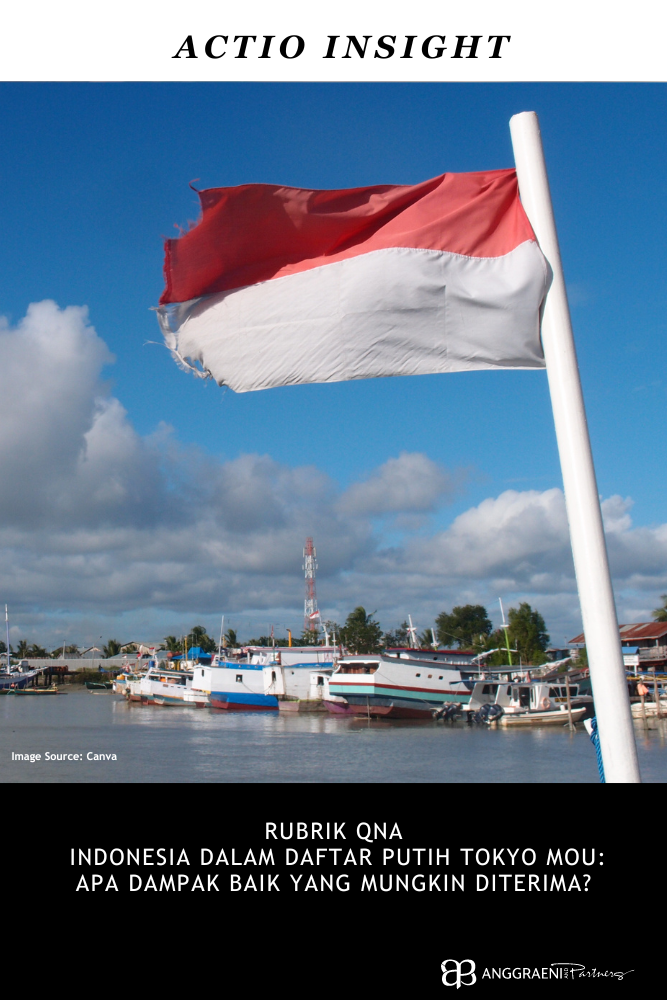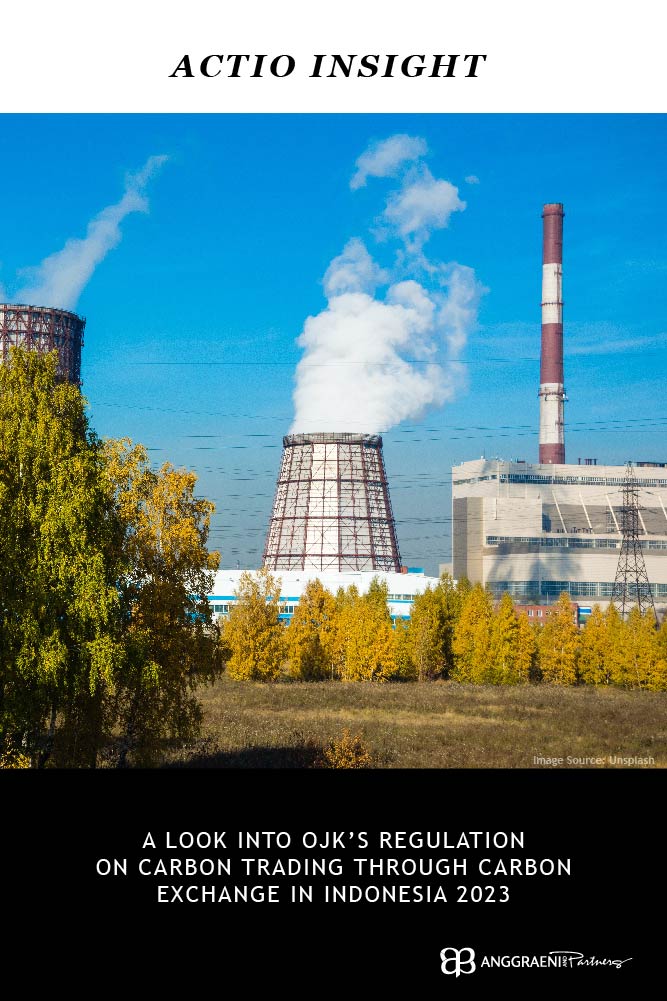- Home
- Capabilities
- ACTIO® Hub
- About Us
- Connect with Us
- AP Library
The Corona Virus Disease-19 (COVID-19) pandemic in Indonesia has lasted for approximately two years, and since it was first recorded in Indonesia in March 2020 until May 12, 2022, there are more than 6,049.5411 people infected in Indonesia. This has an impact on the economy in Indonesia, coupled with the war between Russia and Ukraine, further disrupting efforts to recover the global economy, which was already in a slump due to COVID-19. One of the countries affected by this global crisis is Sri Lanka, which experienced an economic crisis that caused a shortage of fuel, oil and food. As for the scarcity of these commodities, the people of Sri Lanka filed a protest against the government, which led to a riot which has not yet
been resolved.
Looking at the conditions currently being faced by Sri Lanka, the Government of Indonesia needs to take responsive steps to anticipate similar civil unrest to avoid this in Indonesia. The Minister of Finance of the Republic of Indonesia, Sri Mulyani, stated that the projection of Indonesia’s economic growth, which was previously forecast at 4.4 per cent, fell to 3.2 per cent due to this geopolitical conflict.3 This situation also affects food security in Indonesia.
Meanwhile, according to data from the Global Food Security Index (GFSI), food security in Indonesia in 2021 weakened compared to the previous year when the GFSI recorded a food security index score of 61.4 in 2020. However, in 2021 the index fell to 59.2. The index makes Indonesia’s food security in 2021 rank 69th out of 113 countries.4 Anticipating the food crisis in Indonesia, government policies are needed to overcome and avoid food shortages like those experienced by Sri Lanka.
As a rule, policies for handling the food security crisis in Indonesia have been stated in Law No. 18 of 2012 concerning Food (the Food Law) and Government Regulation No. 17 of 2015 concerning Food Security and Nutrition (GR Food Security). Food, based on the Food Law, is defined as anything that comes from biological sources of the agricultural, plantation, forestry, fishery, livestock, aquatic, and water products, both processed and unprocessed, which is intended as food or drink for human consumption, including food additives for raw materials. Food and other materials used in preparing, processing, and/or making food or beverages.5 Furthermore, food crisis management is regulated in GR Food Security Articles 52 to 58. Food crisis management includes activities: (a)
procurement, management, and distribution of Government Food Reserves, Provincial Government Food Reserves, and/or Regency/Municipal Government Food Reserves; (b) mobilisation of community food reserves within and between regions; (c) mobilising community participation; and/ or (d) apply technology to overcome the food crisis and environmental pollution.6
Based on these regulations, it can be concluded that food security can be realised through good management, namely by helping farmers, both in terms of developing agricultural products, providing incentives from the government that can improve farmers’ welfare, as well as providing good quality fertilisers so that crop yields grow and are of high quality. Furthermore, this food security can also be achieved with the participation of the community itself, where the government can provide counselling, especially to the community in the area, regarding good agricultural land management by relying on current technology. These actions can produce superior affordable agricultural products with the aim that the nation’s food needs can be achieved without having to rely on imported products. ALH/FMN


